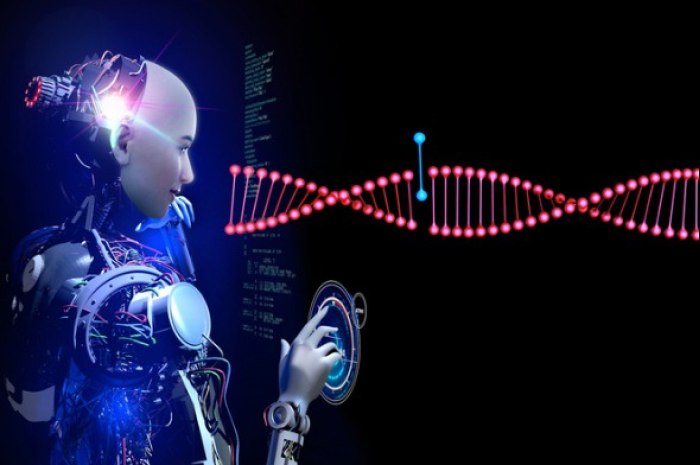AI to replace high-paid, highly-educated doctors, CPAs: BOK
(Courtesy of Getty Images)
Artificial intelligence poses a bigger threat to high-paid, highly-educated professionals such as medical doctors, accountants and engineering technicians, which account for 12% of South Korea’s total jobs, said the country’s central bank.
According to a special report on AI’s impact on the Korean labor market published by the Bank of Korea on Thursday, “better-paid and better-educated professionals” are most susceptible to AI.
“Those vulnerable jobs are expected to see a drop in both employment and pay growth,” said the report.
The report identifies the kinds of tasks and occupations likely to be affected by AI and quantifies occupations’ varying levels of exposure to AI applications to come up with AI exposure scores.
According to the analysis, chemical engineering technicians, power plant operators and materials and metallurgical technicians will likely lose their jobs to AI most easily because their tasks can be done more efficiently with big data.
But highly educated, high-paid general physicians are also in the upper 1% group with the highest AI exposure score, followed by medical specialists (7%), accountants (19%) and asset managers (19%).
As AI is expected to substitute nonrecurrent, cognitive analytics tasks, it is most likely to take away those professional jobs.
(Courtesy of Getty Images)
SOFT SKILLS AGAINST AI
This is different from automation’s robotics and software that displace mainly less-educated, lower-waged workers.
Jobs with the upper 20% AI exposure score account for about 3.4 million occupations, the report said. They are 12% of Korea’s total jobs.
If AI replaces the upper 25% jobs, nearly 4 million people would be displaced, making up 14%.
Worse yet, those jobs with higher AI exposure scores are expected to see their employment and salary growth slow down, according to the report.
But those in the lodging and restaurant sector as well as arts, sports and leisure businesses requiring face-to-face service are less susceptible to AI, the report said.
University professors, singers and clerics are also expected to keep their jobs from AI.
“Soft skills like interpersonal skills, teambuilding capabilities and communication skills are expected to enjoy higher demand and better compensation,” said the BOK report.
“Even after the wide adoption of AI, demand for science, technology, engineering and mathematics (STEM) skills are expected to remain firm.”
Soft skills are referred to someone’s emotional intelligence quotient (EQ), as opposed to intelligence quotient (IQ), according to psychologists.
Write to Jin-gyu Kang at josep@hankyung.com
Sookyung Seo edited this article.
No Byline Policy
Editorial Guidelines
Corrections Policy
Source

